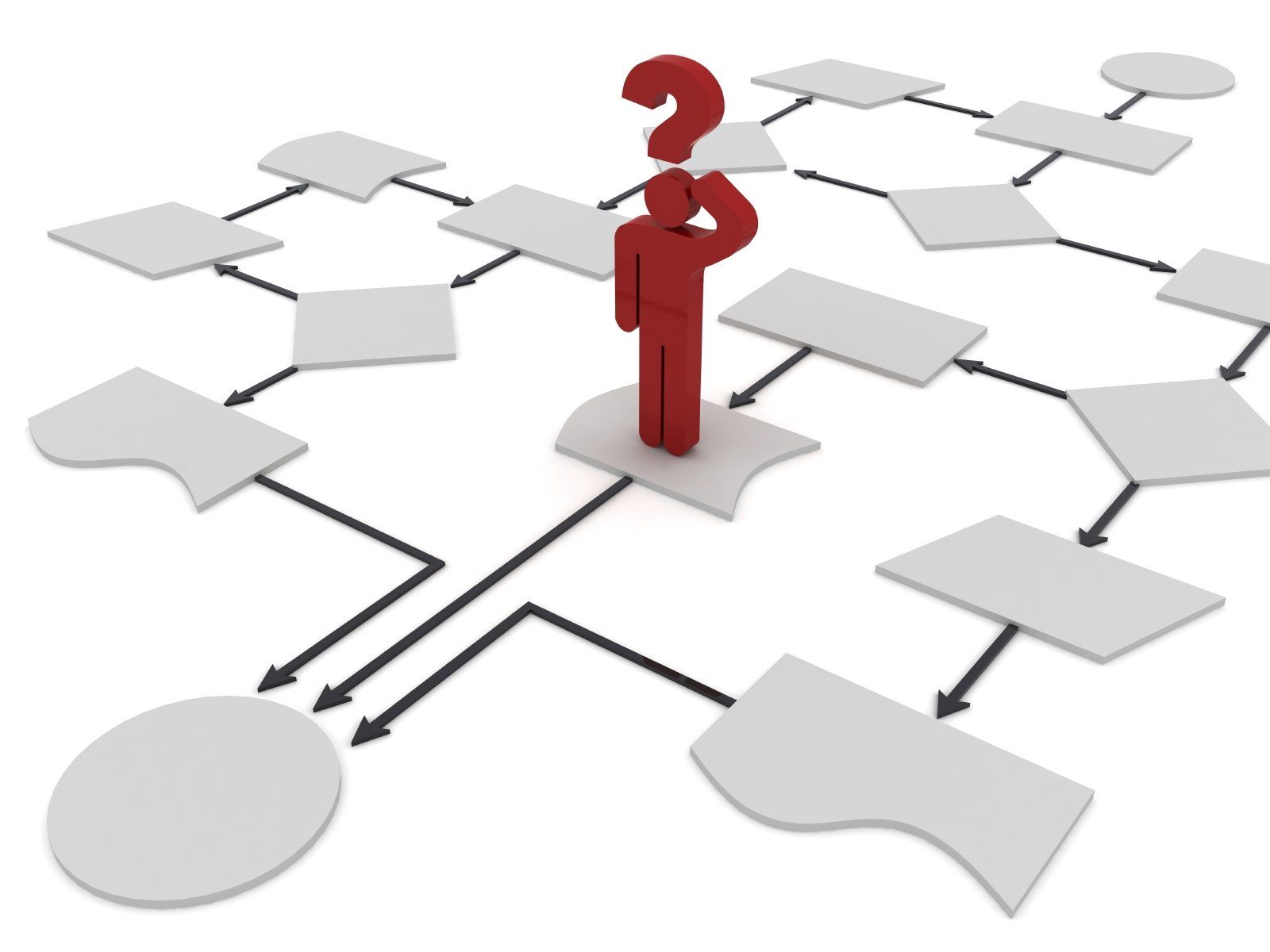Gaslighting
What is Gaslighting?
Gaslighting is a key feature of narcissistic behaviour. The problem is that if you are immersed in a narcissistic relationship it can actually be very difficult to spot that it is happening to you - for very good reasons. And once you leave the relationship and look back, you are likely to be shocked at the level of gaslighting that occurred without you even recognising it.
So what is gaslighting? To give its proper definition, it's the ‘act of undermining someones reality, by denying facts, denying the environment around them, or denying their feelings.’
But let me simplify that. Basically, if someone is lying to you in a way that makes you question or stop trusting your own perceptions, memories or beliefs, then they are gaslighting you.
Gaslighting versus lying
Now you may be wondering what the difference is between gaslighting and just lying, so here’s an example to illustrate.
If we’d agreed to meet for dinner at 7pm, but I’d left the house late because I just couldn’t get my act together, I could lie to you and tell you that the traffic had been awful, and that that was why I didn’t arrive until 8pm. Here I’m not making you question or doubt yourself - I’m just telling you a lie.
But, if I was gaslighting you, I could tell you with absolute conviction that you had got the time wrong, and that we had agreed to meet at 8pm. I might then embellish that further by telling you that I’d noticed that you seemed to be forgetting small things, and losing your thread in conversations. I could even then ask you whether you’d considered talking to a doctor about it.
That’s gaslighting
because it would make you question yourself, and make you doubt whether you had got the time right, or whether you are in fact making mistakes and forgetting things. Gaslighting is actually a two step procedure - first you are made to think that your thinking or feelings are distorted, and then the gaslighter tries to persuade you that their ideas are the true and right ones.
The term gaslighting originated from a 1938 thriller in which a husband makes his wife think she is 'going mad' by dimming the gas lamps in their home to just a flicker, and then denying that they are flickering when she questions him. So in this example, the husband was denying that her environment was what she thought it was, by telling her the lights that she could see flickering weren’t actually flickering.
As it happens, narcissists do both things - straight lying and gaslighting, and they do them both utterly convincingly. You probably already realise that the truth, to a narcissist,
is what they say it is, at the time that they are saying it. They completely believe their own lies, which is how they get others to doubt themselves. And if you think about it, lying and gaslighting actually come very easily to narcissists because it’s essentially what they do all the time anyway - if you look the essence of narcissism, the narcissist hides their low self esteem behind a false persona, which they need other people to believe in so that they can believe in it themselves. None of this is conscious - it’s just what they do. This false persona is basically a lie - it's not a true representation of who they are. So you can see why it is so easy for them to effortlessly lie about other, smaller things too.
"If someone is lying to you in a way that makes you question or stop trusting your own perceptions, memories or beliefs, then they are gaslighting you."
Gaslighting using another person's memory and feelings
One of the most common forms of gaslighting is when a narcissist denies a person's memory of events by saying something along the lines of ‘That didn’t happen’. This is incredibly common, and narcissists are known for rewriting history, completely denying that things have happened. They might say "I never said that - actually what I said was this...” Or "I never did that - actually what I did was this,” Or “He or she never did or said that...actually what they did or said was this".
A client of mine told me that her narcissistic ex would make himself a cup of tea in front of her, and then tell her with absolute conviction that it was actually coffee he was drinking, and that she had remembered it wrong. After years of this she began to doubt herself although, after she eventually left, she came to understand how bizarre this was.
But how can gaslighting be applied to a persons
feelings? You are probably familiar with expressing your emotions to the narcissist and then having them trivialised, minimised or invalidated.
So for example, if were upset because your dog had died, a narcissist might say - “Oh you’ll get over it - it’s not such a big deal - people are starving all over the world” Or “You shouldn’t be that sad - it’s only a dog.” Or, "I’m the one who should be sad, because I can’t take time off work and just fall apart when the dog dies - I’ve go to keep going -
you should feel sad for
me.”
Can you see how the narcissist is making you question your reality here (the reality of your being sad) and is trying to change it to another reality? Well - that’s classic gaslighting.
How is the victim affected?
So what effect does gaslighting have on the victim? Well, as you probably already know, the narcissist turns up the volume on their abusive behaviours so slowly that the victim barely notices. Gaslighting is no exception - so you can see why, in a relationship that has gone on for years, the victim believes what the narcissist is telling them - even though anyone looking in from the outside would find the narcissist's assertions utterly ludicrous.
Make no mistake - this really is a very dangerous form of psychological abuse.
I’m reminded at this point of the true story of the famous opera singer whose narcissistic partner eroded her beliefs and thinking about herself and the world so much that she actually came to believe that she couldn’t sing. Even though the whole world celebrated her ability, the narcissist had managed to get her to question herself. The years of gaslighting had led her to accept what he was telling her as reality.
And that is actually one of the major points of gaslighting - it enables the narcissist to get you to doubt yourself so much that you start to rely on
them -
they become your 'voice of reason'. That means that you might start wearing what they tell you looks good, rather than what you think looks good. It means you might not be able to make decisions, even little ones, without their input. It means that you might become quiet in social situations because you have been gaslit into believing that people find you irritating or boring, or that you talk too much. The ramifications of being gaslit are really quite varied.
"Make no mistake - this really is a very dangerous form of psychological abuse..."
But the point is this - because you stop trusting yourself,
you start trusting the narcissist instead
- and this gives them immense control. Remember that a narcissist doesn't want to abuse you so much that you just get up and leave - they usually need you to stay to give them narcissistic supply. So if they undermine you just enough, and destroy your confidence in yourself just enough (especially if they are dressing things up as 'looking after you’ or ‘only telling you these things to help you’)
you will stay with them, and they will have successfully kept you in play as a source of narcissistic supply.
So having control over you is one the major reasons why narcissists gaslight. But they also do it to hide their bad behaviours from you, or to minimise thair bad behaviours so that they don’t have to face up to the consequences of their actions. So for example, imagine the scenario where a narcissist has been caught in a compromising postion, perhaps with a prostitute, perhaps on a works night out.
Quite justly, their partner will feel betrayed and upset - but a narcissist might tell them that all the men who work in his office regularly do this, and that it is normal. They might tell their partner that they are thinking about this incorrectly, and that they are not being unfaithful because they are paying for the service, and actually, they are helping someone in need (the prsotitute) to pay their bills and make their way in life, and that this should be seen as a good thing. They may tell them that just because they have visited a prostitute that has no bearing at all on how they feel about their partner, and the two things are completely separate. They may even try to make their partner feel guilty by saying telling them that they are a bad person for not allowing to help the prostitute to do her job an earn money to keep her family in food. They may accuse their partner of intruding on their private life, or they may blame them for needing to visit prostitutes in the first place because they always seem too tired to service their needs themselves. They may the even demand an apology - and if the victim has ben gasight enough, for long enough, they may actually feel guilty and do just this - apologise, even though in their heart of hearts they know that this is wrong.
And the final reason why narcissists gaslight others is to try to change them into what they want them to be. Remember that narcissists, due to their fundamental lack of empathy are able to exploit others and have a sense of entitlement. So if a narcissist wants a partner who is a blonde, for example, they may gaslight you into believing that your brunette locks make you look pasty and unattractive, and that you would look much better with blonde hair. They will make you feel that you are not good enough as you are, and they won’t let up - and if you believe that they know best (which you will, if you’ve been gaslit for long enough over a variety of different things) you will probably concede - at least for a time, and go blonde/ start wearing heels/ start doing spin classes/ start drinking alcohol / give up your vegetarianism etc.
Gaslighting often happens in conjunction with other narcissistic behaviours as well, like projection. I remember a client of mine telling me that her husband, in a narcissistic rage, was repeatedly punching the wall, whilst screaming at her and telling her that it was her who was breaking his hand. Here he was trying to gaslight her into believing that it was her fault, at the same time as projecting the blame onto her.
"Because you stop trusting yourself, you start trusting the narcissist instead - and this gives them immense control."
Sadly, gaslighting is also extremely common during divorce and separation. A narcissist might make offers (perhaps financial ones, or ones to do with the living arrangements or the children) and then claim that they never did, and that actually they had said something completely different. They will gaslight the couples therapist, the mediator, your lawyer, their own lawyer, the social worker and even the judge.
And very often, especially as the relationship is unravelling, the narcissist can distort reality so much that you find yourself wanting to record every conversation to prove that what you heard was true. It does seem that in the final stages (where the narcissist is decompensating due to the narcissistic injury of the relationship having broken down) many narcissists completely lose control of their gaslighting. Here it becomes so extreme that even their spouse can see it for what it is.
Some red flags of gaslighting to look out for
If your narcissist tries to persude you to doubt the evidence of your senses, or your thoughts, or your feelings.
If they never accept that you can have a different opinion to them - and won’t stop trying to persuade you that you are wrong.
If, when they are called out on something, they use flawed logic to turn the tables on you, making out that you are at fault and they are actually the victim, or the hero.
If you find yourself relying on them to make decisions for you or to tell you how to behave or what to wear.
If find yourself apologising and feeling guilty for things that you have been accused of that you know deep down that you haven’t done.
If you feel more and more confused in your relationship, and feel as though you might be going crazy.
If you stop expressing your emotions to the narcissist because you know that your feelings will always be ‘wrong’.
If there is a big imbalance of power between you and your partner.
The more of these things that resonate with you, the more likely it is that you have been gaslit.
Should you call the narcissist out on their gaslighting ? Honestly - probably not. The best thing to do is to write down the examples somewhere where the narcissist can’t find them and remind yourself of them often, until you’re able to leave the relationship. Even if you can’t leave, this tactic will at least allow you to keep a firm hold on your own reality - your own truth. Whether you stay or go, this is a really good first step in taking back your power and gaining clarity about your situation.
















